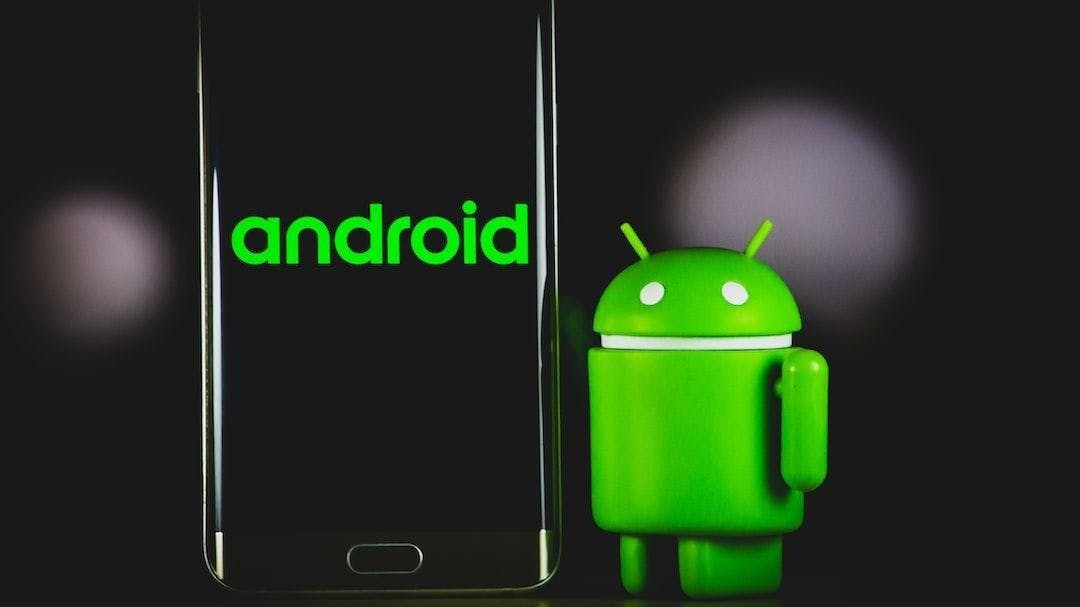3,666 reads
How to Became an Android Developer From Scratch in 2023: A Guide From A Pro
by
August 7th, 2023
Audio Presented by

Senior Android Developer with 4 years of experience, interested in Android Development new trands and best practices.
Story's Credibility

About Author
Senior Android Developer with 4 years of experience, interested in Android Development new trands and best practices.
